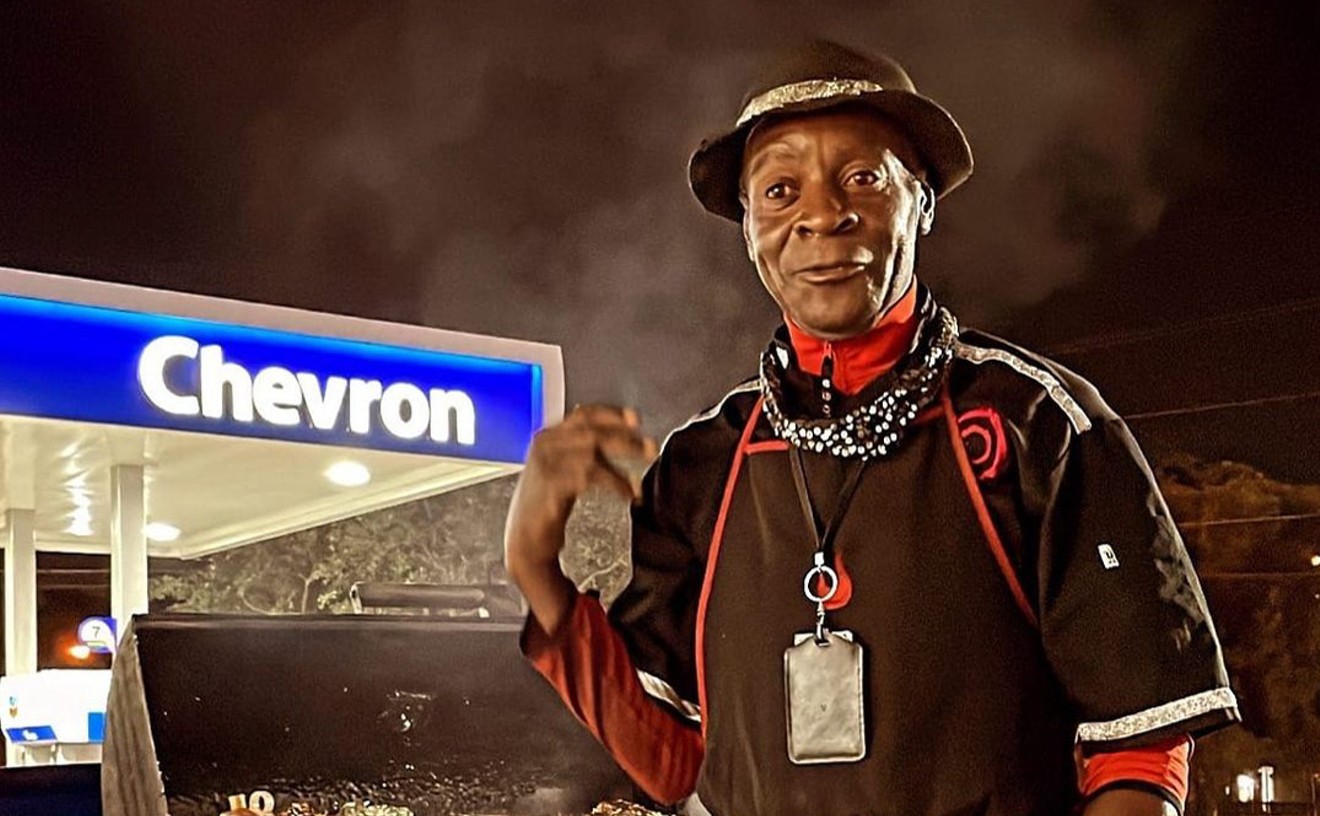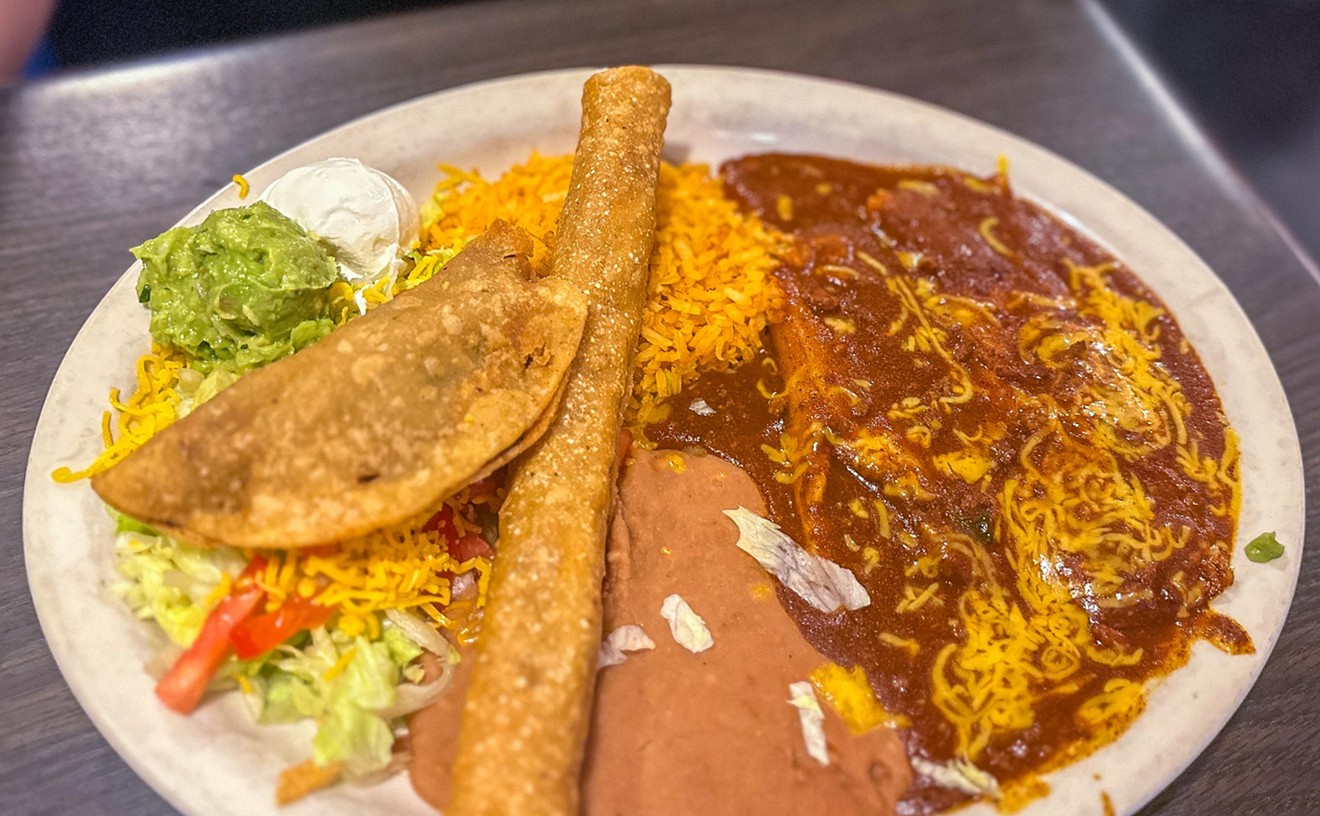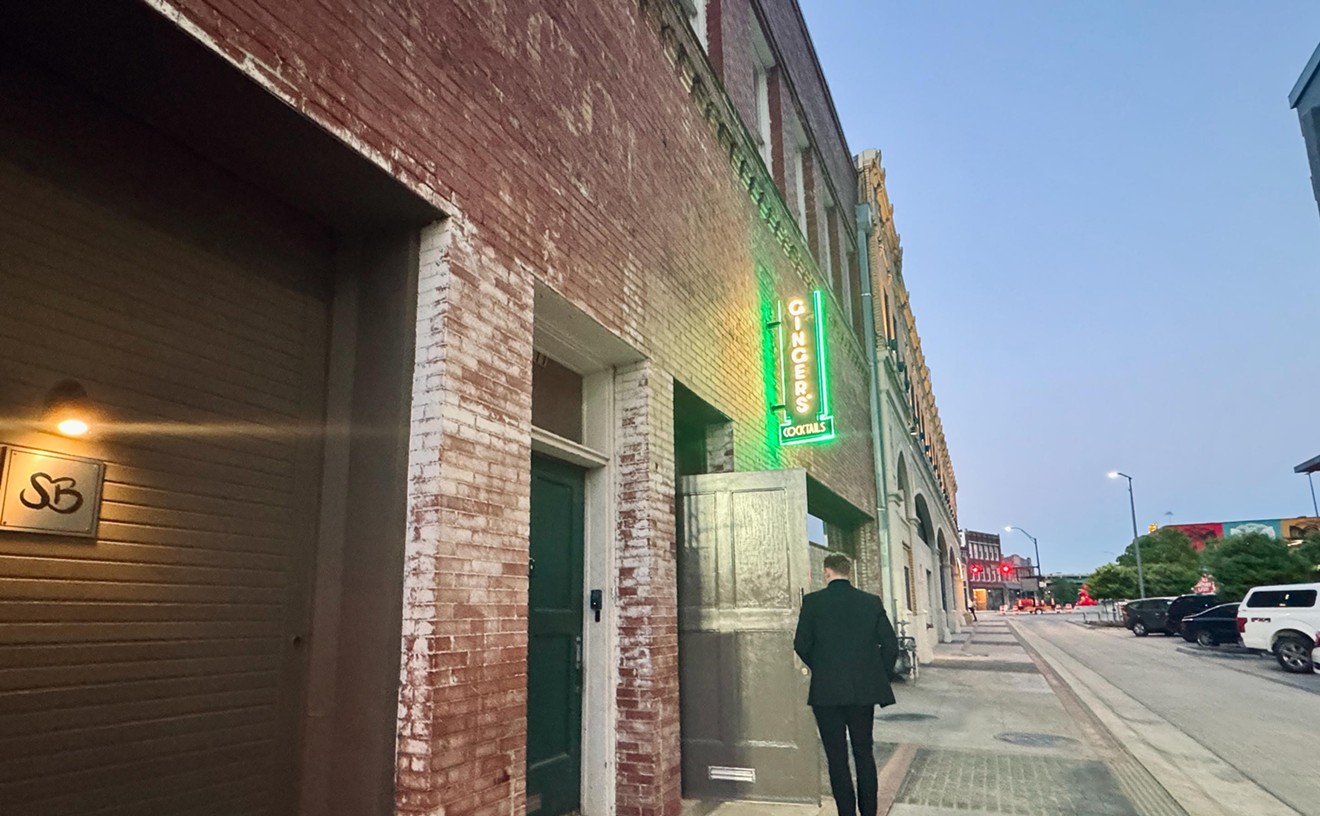For the past 27 years, the cumbersome maintenance worker from New York tried only to meander harmlessly through life. But a gang of marketing toughs from McDonald's and Burger King and other fast-food chains pummeled him daily with slogans. Teen-age hoodlums threatened to "super size" his orders. Insidious short-order thugs drenched his meals with salt. They took his money every day, ruthlessly and without remorse. Eventually, the helpless Barber could stand no more punishment. He collapsed twice from heart attacks and now suffers from high blood pressure and obesity.
Or at least that's the scenario according to trial lawyer Samuel Hirsch, the Center for Science in the Public Interest (CSPI) and veterans of the fight against the tobacco industry. In July, Hirsch filed a lawsuit against several fast-food chains, alleging among other charges that the establishments create an addiction to their menu offerings.
What else could explain America's $100 billion a year love affair with greasy, tasteless, artlessly prepared meals?
Unfortunately, Barber's story failed to rally the public, so Hirsch recently trotted several chubby kids--victims of the same kind of abuse--before the national media. However, even Dr. Phil McGraw saw through the ruse, responding to the lawyer's claim that fast-food moguls bear the blame for obesity with a terse, "What a load of crap!"
"The idea that we should be blamed is ludicrous," says Terrie Dort, president of the National Council of Chain Restaurants. "Our product is not addictive. We're talking about meat and potatoes here." She worries that victory over the tobacco companies invigorated special-interest groups bent on controlling consumer behavior. "Just think of all the things that could be regulated by interest groups and the Hirsches of the world," she warns.
That question ripples through restaurant industry lobbying groups, trade organizations and beyond. Congressional debates over tobacco several years ago prompted Senator Phil Gramm to ponder the precedent. "Where does this end?" he asked then. Their goal extends far beyond a slap on McDonald's fiscal wrist. Hirsch, the health advocacy group CSPI and their ilk are pushing ideas that, if ultimately successful, will alter restaurant menus and our enjoyment of a meal. To combat the apparent tide of obesity--more than 60 percent of American adults carry unnecessary or dangerous heft, according to the Centers for Disease Control and Prevention, and 13 percent of kids need a friend to check the status of their shoelaces--activist groups launched a campaign to, as CSPI puts it, levy prohibitive taxes on butter, whole milk, cheese and meat.
"I don't think the lawsuit will go anywhere," says Priscilla Connors, a nutritionist and assistant professor at the University of North Texas, referring to Hirsch's challenge, "but the idea won't go away." She compares this current outcry with the debate over seat belts in the 1960s and 1970s. "At issue was the question 'Can the American people behave responsibly?' It's remarkably similar." In this case, Connors says, government legislation assumes the role of passive restraint, a system whereby the consumer is absolved of responsibility for his actions through limits on the choices available. Nutritionists and physicians are rightly concerned over health issues, particularly the increasing onset of type II diabetes in children. Special-interest groups, however, often consider anything other than an organic or meatless diet completely irresponsible and will happily fight to impose their ideas. They understand that lawsuits beget laws, which in turn limit behavioral options.
Restaurant industry representatives bristle at efforts to curb options, arguing that consumers make choices--not always rational choices, but free and personal nonetheless. They also consider the use of children in lawsuits somewhat unfair. "Those 5-year-olds don't drive themselves to McDonald's," says Tracey Evers of the Greater Dallas Restaurant Association. For their part, restaurateurs understand the push for low-calorie or low-fat menu items, but they also must respond to consumer demand. "There's some validity to their arguments," admits Judd Fruia, general manager of Pappas Bros. Steakhouse, "but remember low-cal dressings? People don't like them--not in a restaurant, anyway--and I'm here to give people what they like." Fruia's counterpart, Al Biernat, owner of the namesake steak house, agrees. "Where do you draw the line? A lot of people order prime steak, but they don't eat it all of the time. Everything has consequences, but everyone has a choice.
"I'm a restaurateur," Biernat concludes. "I'm not here to be anyone's policeman."
Nutritionists and food-industry critics offer only lukewarm support for freedom of choice. "It's relative," Connors explains. "Butter isn't bad for everybody." Yet she still finds room to blame the food industry for negative outcomes. "When we look at parents suing McDonald's, their point is that children are susceptible to targeted marketing." Marion Nestle, chair of New York University's department of Nutrition and Food Studies and author of Food Politics, also impugns the marketing efforts of the major commercial food producers. "I think you can argue personal choice for adults," she admits, "but not for children." Schools nationwide receive clocks festooned with Chester Cheetah, counting books produced by Oreos and other blatant attempts to sway young minds. "Even high school kids have difficulty distinguishing marketing content from news content," Nestle says.
It may be true. Childhood obesity rates in this country have doubled over the past 20 years. Of course, the standard measurement of obesity--the body mass index--counts much of the NBA as overweight.
The combination of actual nutritional concerns, pseudo science and grassroots activism may eventually impose limits on our intake of fresh cream, prime beef and other goodies. The front line at the moment, however, is confined to the marketing of high-calorie, high-fat foods to children. Already, California state Senator Deborah Ortiz entered a bill to raise taxes on all drinks spiked with sugar. One imagines kids turning in their parents for sugaring up iced tea and officers hauling Starbucks clerks off to the clink for setting out containers of the white stuff for public use. The Texas Legislature is also gearing up to address the issue.
Nestle welcomes such political efforts. She points out the imbalance in spending between producers and educators--Altoids, for example, spends five times more than the National Cancer Institute and other organizations on advertising--and in political lobbying efforts. Besides, soft drinks like Coca-Cola or Pepsi (have to name them both--don't want any trouble) account for almost 30 percent of America's beverage consumption, or roughly 576 servings a year for every adult and child. Those statistics automatically put the restaurant industry on the defensive. "It looks to the consumer like we're fighting for alcohol, cigarettes and high fat," Evers says, referencing previous battles over the liability of bartenders for drunken driving accidents and current smoking ordinances. "But we're really fighting for small business."
It's big business, however, that upsets the so-called "fat police." "I see a fairly substantial consumer movement brewing against corporate marketing toward children," Nestle says.
Activists are fanning that movement with a heavy hand. Lawyers working with industry critics have equated Ronald McDonald with Joe Camel and decried the recognition of jingles. "Any attempt to make parallels to the tobacco industry is transparent," Dort scoffs. "It's ridiculous that we shouldn't be allowed to advertise to the public."
"It's difficult to believe the founding fathers sat around saying, 'We need the First Amendment to defend commercial speech,'" Nestle counters. Still, she hopes the grassroots effort ends with the elimination of junk food from schools and junk advertising from children's television.
"Direct, deliberate marketing of food to kids, that crosses the line," she reiterates.
Yet restaurateurs worry about what comes next. "We used to be the number-one form of entertainment," Evers moans, "but now it seems we're the number-one cause of litigation."
And if the litigation doesn't stop with junk food and marketing, expect higher taxes on milk, butter, eggs, meat, chocolate...










